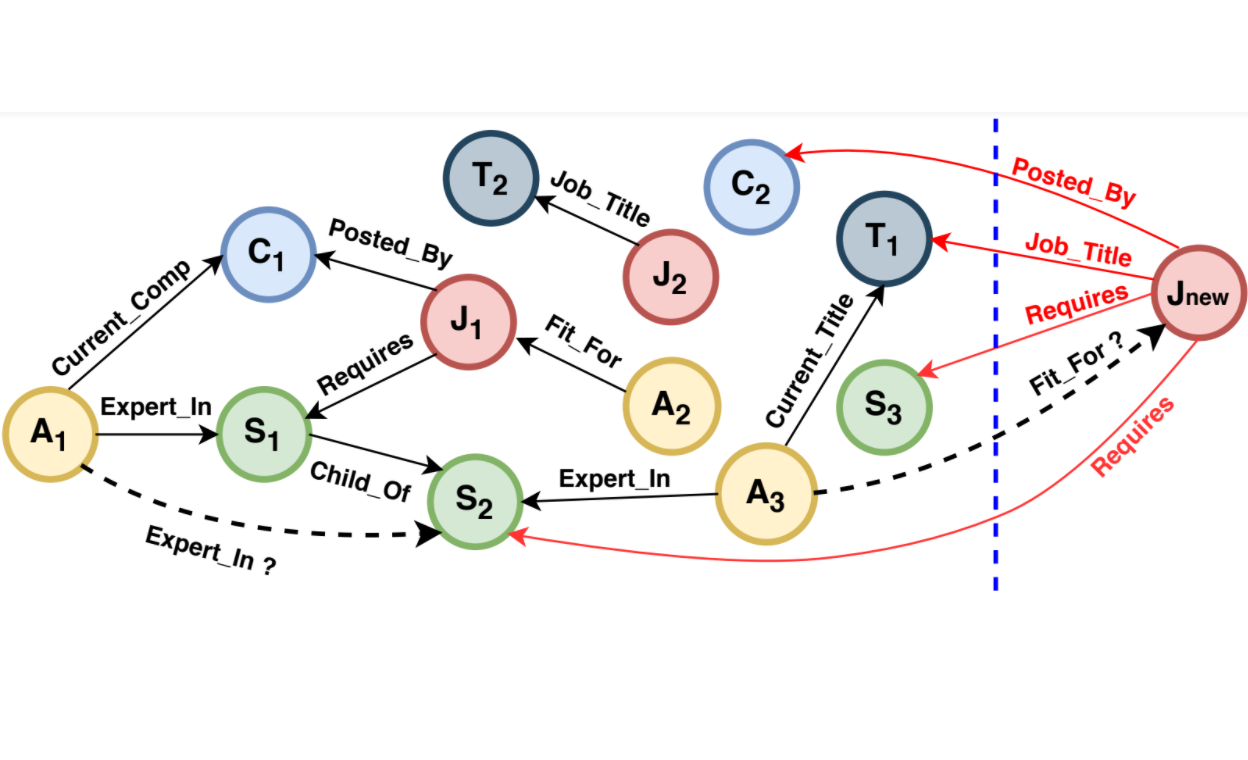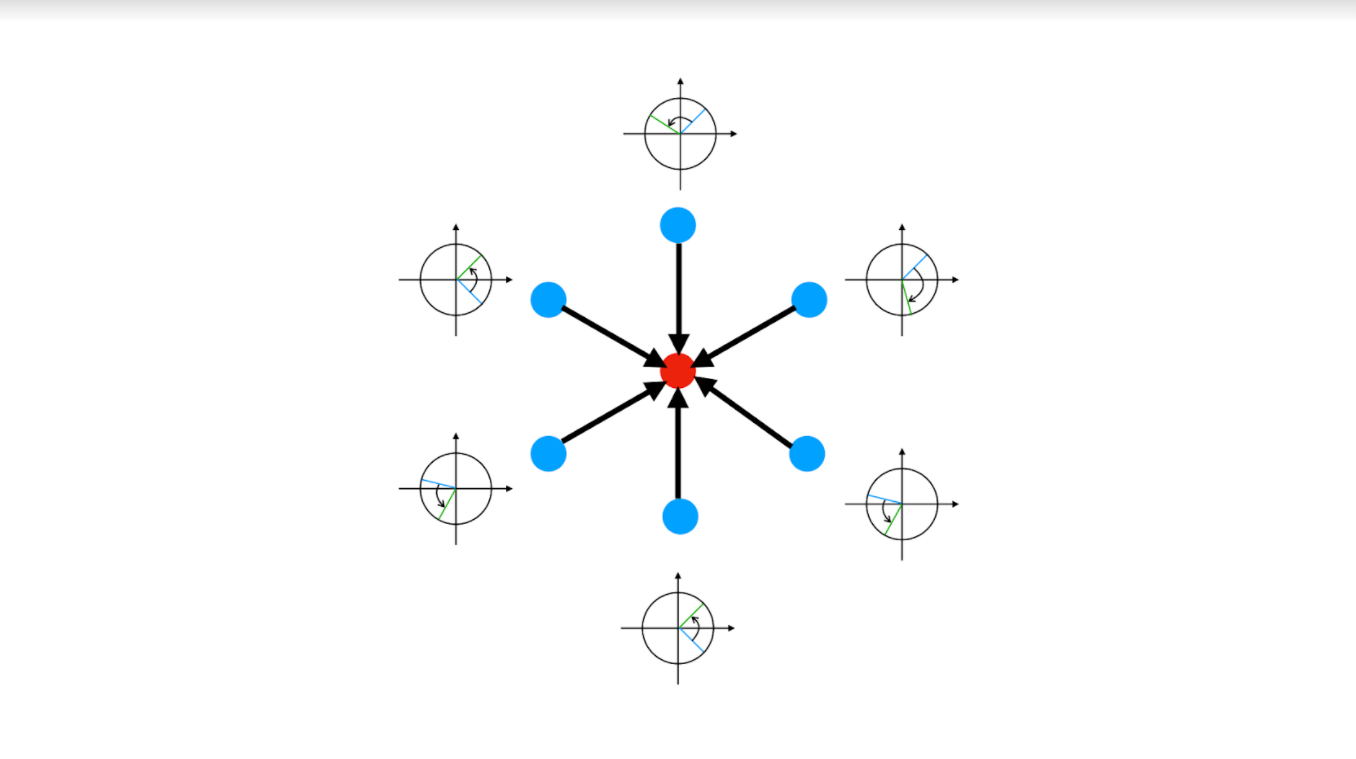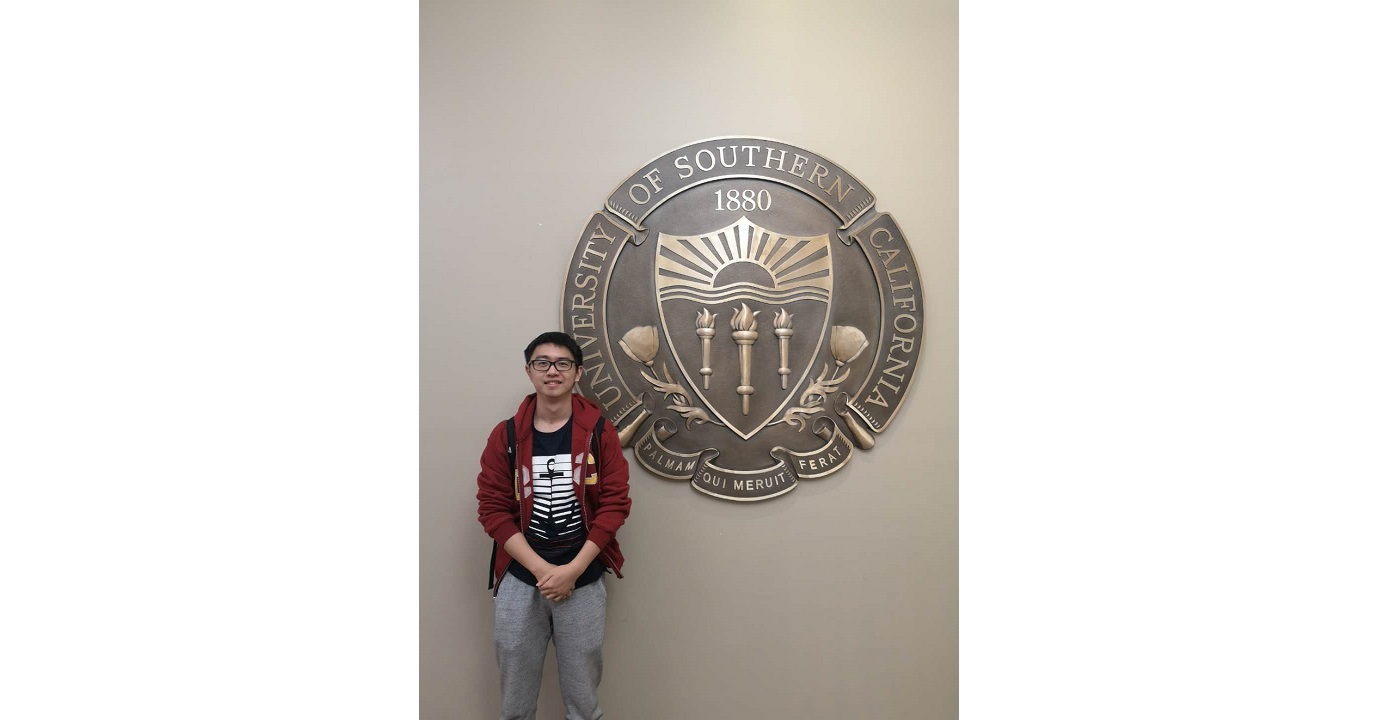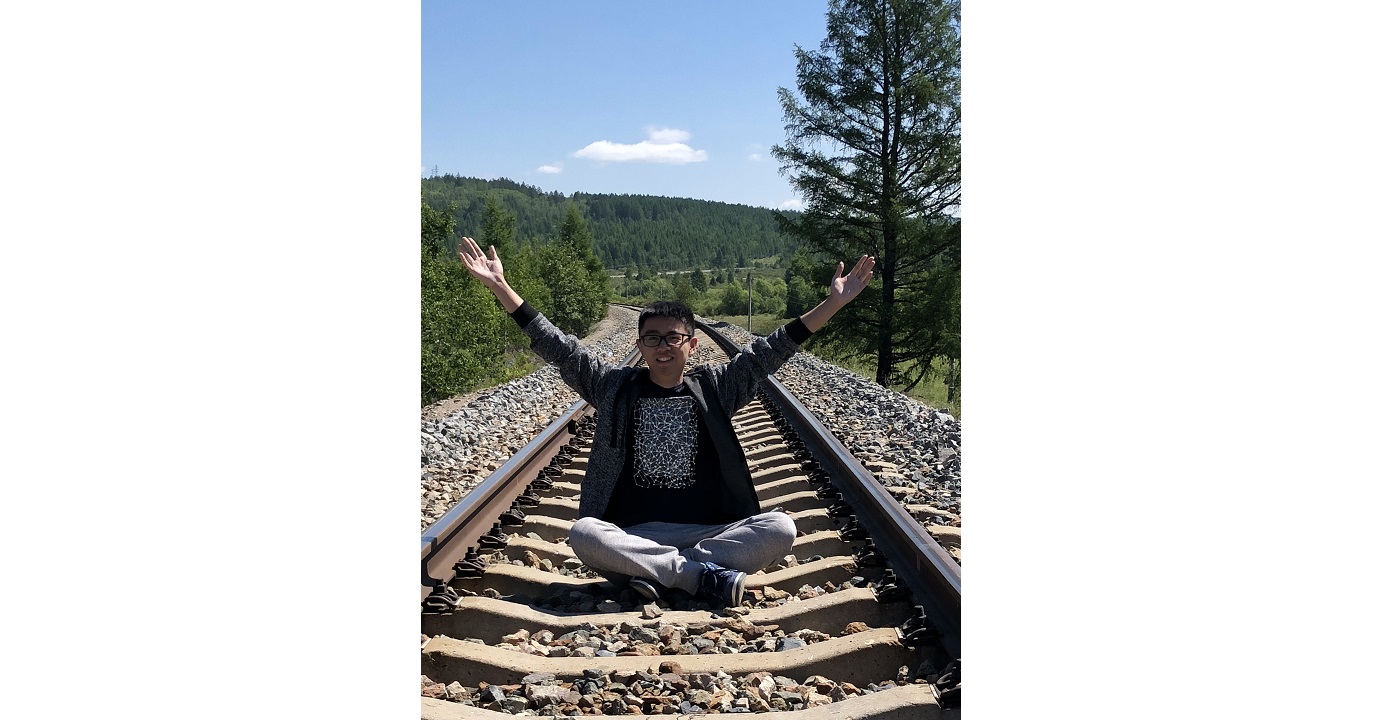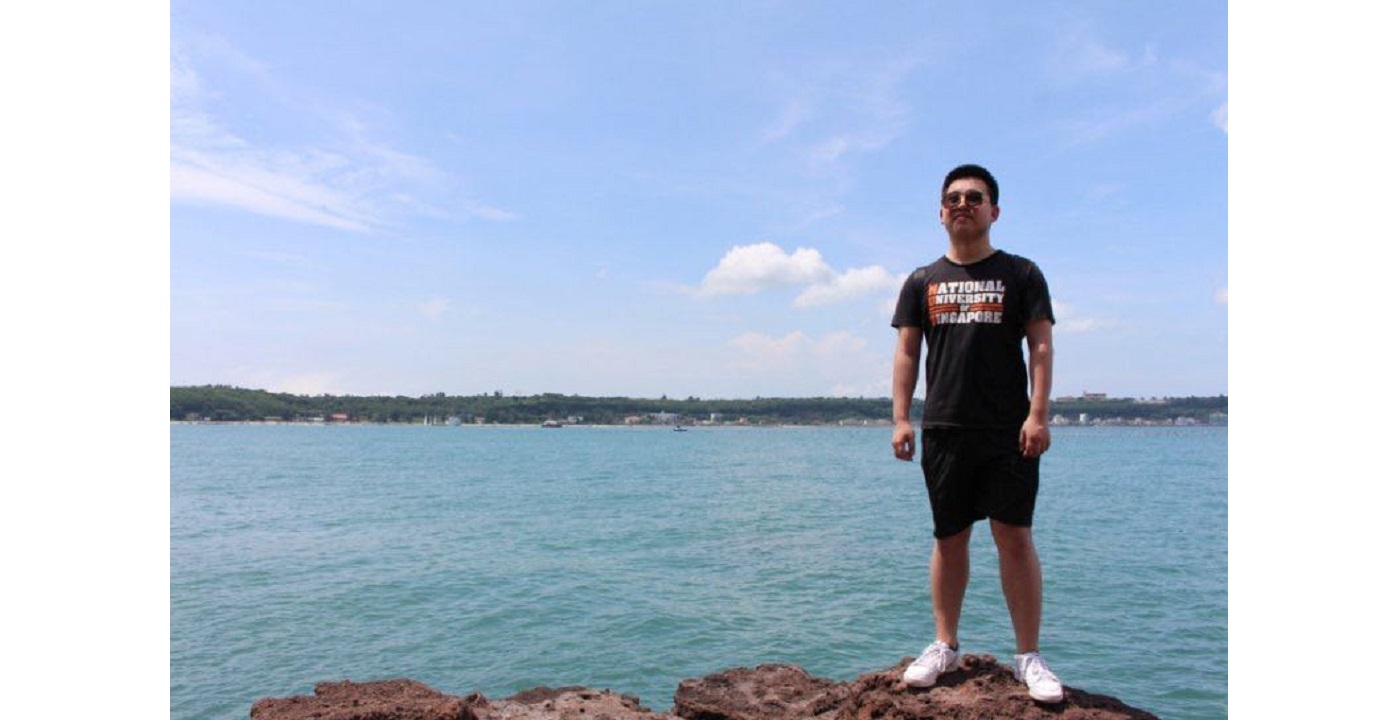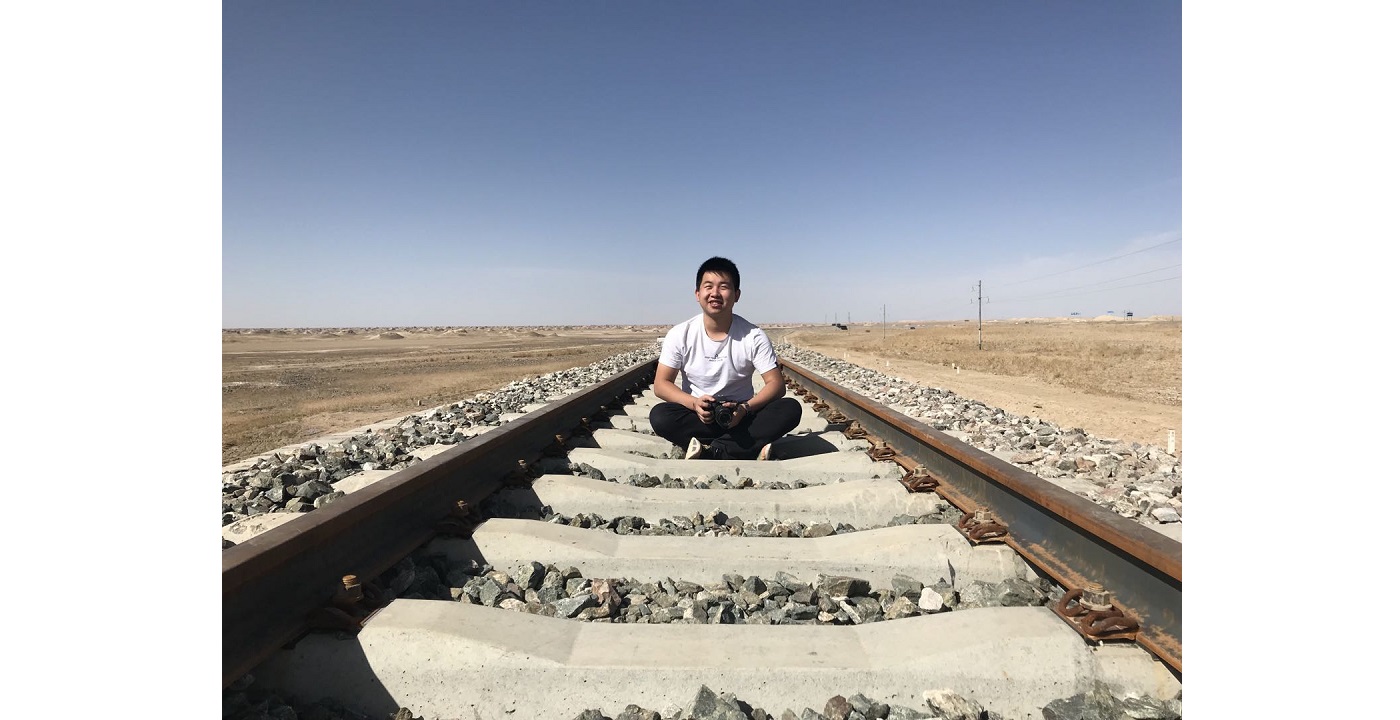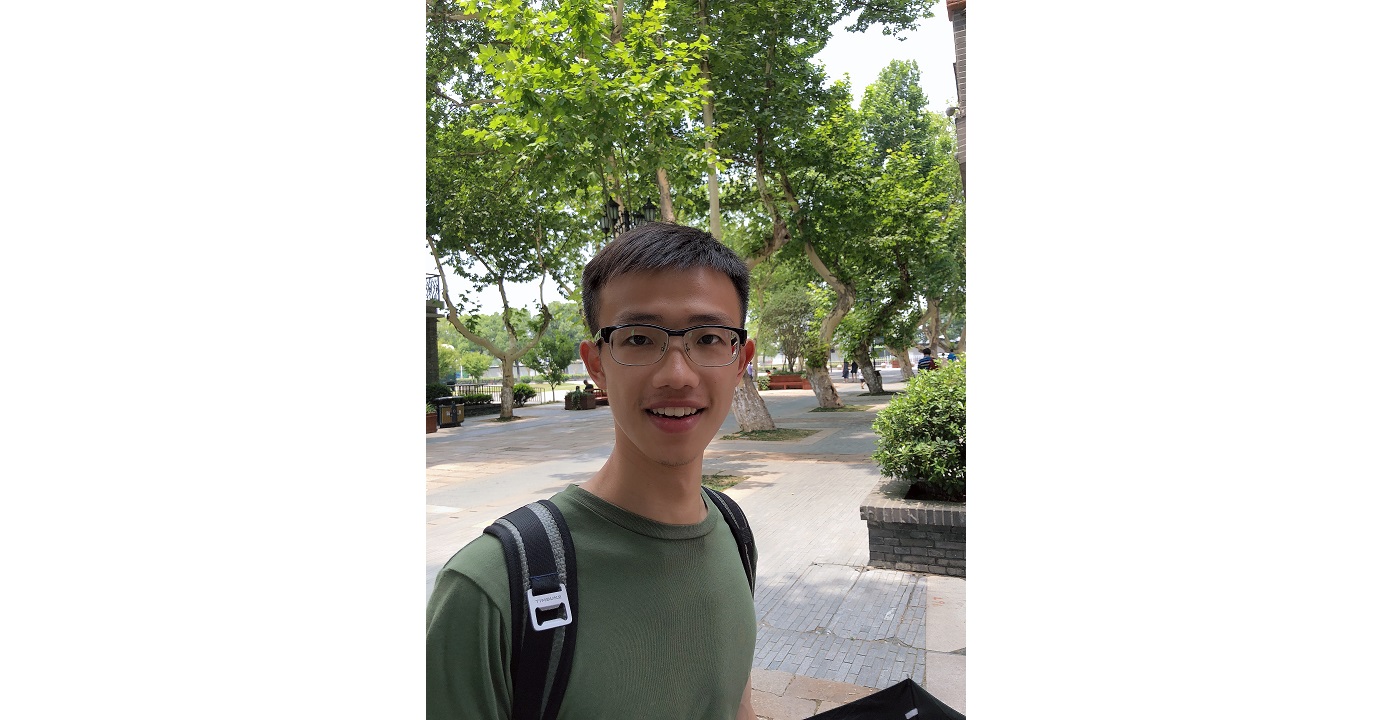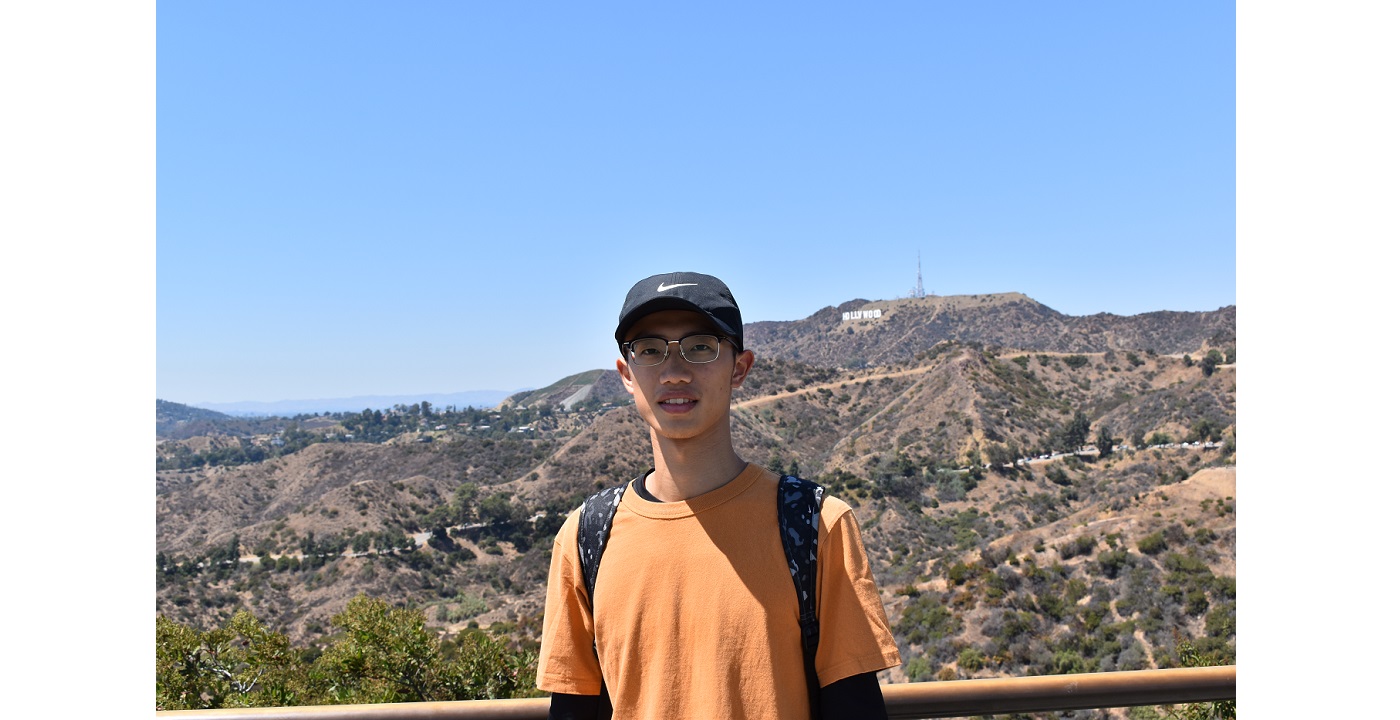MCL Technology Outlook: Green Learning
Sustainability has become a main theme of science and technology in recent years. As civilization continues to develop, humans need be conscious in keeping the environment clean for future generations. As scientists and engineers of the 21st century, it is our destiny to keep green technologies as one of the top priorities. In the area of artificial intelligence and machine learning, it is urgent to explore a novel green machine learning technology, which is competitive with deep learning in performance yet with significantly lower power consumption in training and inference.
Green learning will be the central focus of the USC Media Communications Lab (MCL) in the next decade. Professor Kuo, Director of MCL, has been devoted to this subject since 2015. A sequence of papers on green learning systems has been published. Examples include: PixelHop, PointHop, FaceHop, GraphHop, GenHop, etc. These solutions have common characteristics, including low power consumption, small model sizes, weak supervision and scalability. The underlying principle of MCL’s green learning solutions is successive subspace learning (SSL).
MCL will continue to push the envelope of green learning and develop effective green solutions for natural language processing, knowledge understanding, computer vision, joint audio-visual processing, and 3D data processing.











